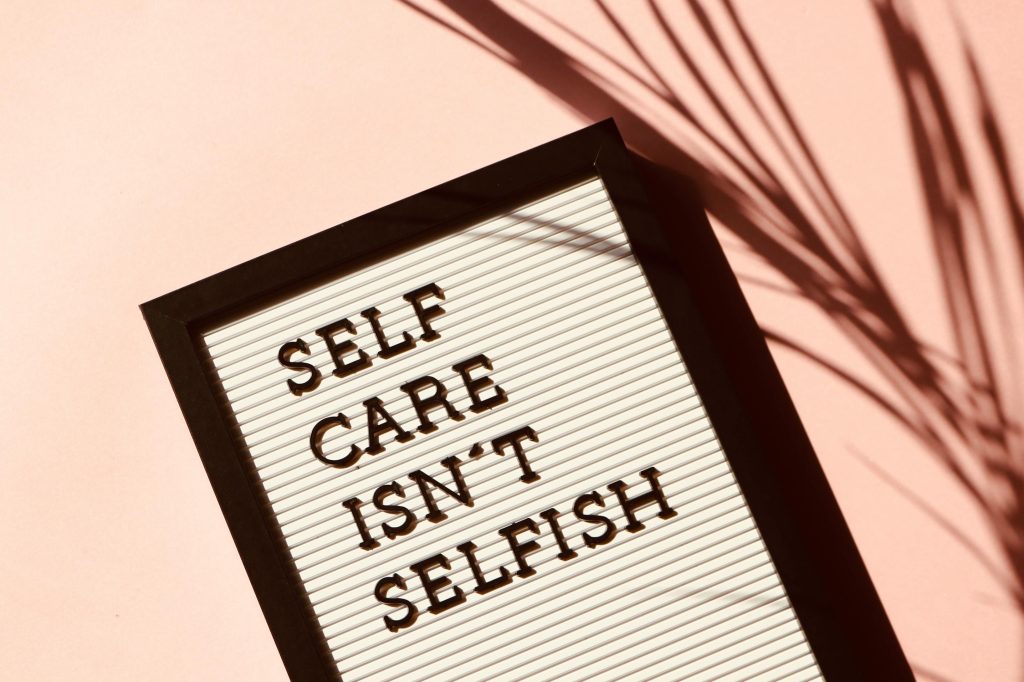You remember the last time your loved one smiled because of something you did. But do you remember the last time you truly rested?
In the UK, 1 in 8 adults are unpaid carers, spending an average of 28 hours per week looking after family or friends. That’s equivalent to holding down a second job—except there are no sick days, no paychecks, and often, no recognition.
Here’s the uncomfortable truth no one tells new carers: You can’t pour from an empty cup. Studies show that long-term carers are twice as likely to develop mental health conditions like anxiety and depression compared to the general population.
This isn’t just another article telling you to “take more bubble baths.” This is a practical guide to surviving the emotional marathon of caring—with real strategies used by experienced carers and backed by mental health professionals.
1. Why Carer Burnout Happens (And How to Spot It Early)
The Carer’s Paradox
The very qualities that make you good at caring—compassion, patience, selflessness—are the ones that leave you most vulnerable to burnout.
Warning signs you’re nearing breaking point:
- Feeling constantly irritable over small things
- Losing interest in activities you used to enjoy
- Physical symptoms like headaches or stomach issues
- Resenting the person you’re caring for (then feeling guilty about it)
Alarming stat: 72% of carers say their mental health has worsened since taking on caring responsibilities.
2. The 5 Non-Negotiables for Carer Mental Health
1. The 20-Minute Daily Rule
- What: Minimum time for yourself, no exceptions
- Ideas:
- Morning coffee alone before duties start
- An evening walk around the block
- Locking the bathroom door for a proper shower
Why it works: Even small breaks lower cortisol (stress hormone) levels.
2. The “Two Yes, One No” Principle
- For every two caring tasks you say yes to, say no to one
- Example: “I’ll help with bathing and meals, but I need to skip the pharmacy run today”
3. The Power of “Guilt-Free Replacement”
- Swap one task you do with professional help
- Options:
- Meal delivery services (£5-7 per meal)
- Respite care (from 2 hours to 2 weeks)
- Community transport to appointments
Cost myth: Many local councils subsidise these services—always ask.
4. The “Emotional First Aid Kit”
Create a go-to list for bad days:
- A friend who “gets it” on speed dial
- A playlist of songs that calm you
- Photos of happy memories in your phone
5. The Body Scan Check-In
3x daily, ask:
- Am I hungry?
- Do I need the toilet?
- Am I in pain?
Shocking fact: 60% of carers forget basic self-care like drinking water.
3. Practical Ways to Recharge (When You Can’t Get Away)
Microbreaks That Actually Help
- 90-second breathing: Inhale 4 sec, hold 7, exhale 8 (reduces anxiety fast)
- Window gazing: 2 minutes watching clouds or birds resets your mind
- Hand massage: Rub lotion slowly while counting to 30
Steal These Time-Saving Tricks
- Batch-cook and freeze meals on better days
- Use medication dispensers with alarms
- Set up online prescription repeats
Time saved: Up to 5 hours weekly with simple systems.
4. How to Ask for Help (Without Feeling Like a Failure)
The “Specific Ask” Method
Instead of: “I need help”
Try: “Could you take Dad to his Tuesday appointment next week?” or “Would you make us a lasagna on Thursday?”
Hidden Support Sources
- Employer support: 1 in 5 workplaces offer carer leave
- Council grants: Some pay for cleaning or equipment
- Charities: Carers UK’s helpline (0808 808 7777)
Did you know? Only 38% of carers access available support—don’t assume you won’t qualify.
5. Dealing With the Hardest Emotions
When Resentment Creeps In
- Reframe it: “This isn’t my loved one’s fault—it’s the situation”
- Release it: Write angry thoughts then safely destroy the paper
Grieving the “Before”
- Create a “good memories” jar to read on tough days
- Allow yourself to mourn the changed relationship
The Comparison Trap
- Remember: Social media shows others’ highlights, not their struggles
- Keep a “small wins” journal (got dressed today = victory)
6. Planning for the Long Haul
The “Three Buckets” Approach
- Now: What I must do today
- Soon: What can wait a week
- Later: What isn’t urgent (give yourself permission here)
Future-Proofing
- Register as a carer with your GP (gets you priority flu jabs etc.)
- Set up Lasting Power of Attorney before crisis hits
- Explore day centre options before you’re desperate
Aeroplane safety instructions always say: “Put on your own oxygen mask before assisting others.” This isn’t selfish—it’s the only way to keep helping.
Caring is not a sprint. It’s an ultramarathon where the route keeps changing. The carers who last aren’t the strongest—they’re the ones who learned to pace themselves.
Start today with one small act of self-kindness. Not tomorrow when things are “less busy.” Not next month when you “have more time.” Now.
Because the person you’re caring for needs you. But first, you need you.

